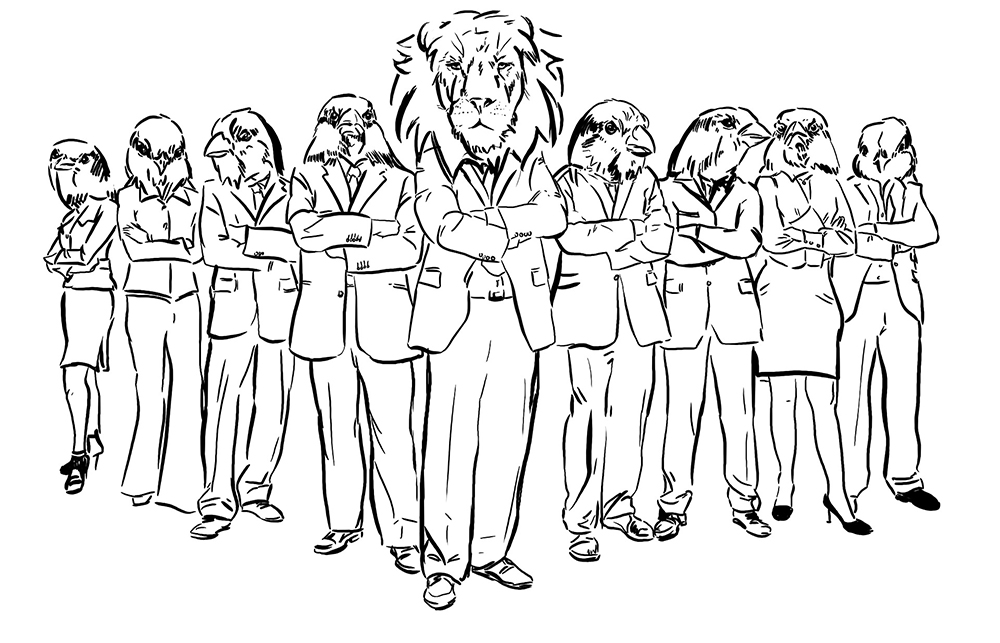
Turkeys Think They’re Superior To You And No One Knows Why
If you think about animals that follow a certain hierarchy, you’d probably think about primates and wolves.
Those that hold the alpha position are treated as the superior in their group, and it’s expected for the rest of their group to respect them. But there’s another group of animals that has their own, quite literally I must add, pecking order.

The term pecking order actually came from a zoologist who discovered the dominance or social hierarchy in chickens. The term is still widely used today and has expanded to other species, and even humans have used this term to describe a competitive workplace situation, for example.
But anyway, we’re here to talk about birds. More specifically, turkeys.
Just like any other species that follows a hierarchy, turkeys show dominance with violence and posturing. Obviously, there’s the pecking and wing punching, which is fairly self-explanatory, but there’s also the display and flapping of their wings and fanning of their tails and the aggressive bobbing of their heads and gobbling to show off their superiority over their peers.

Turkeys are scary, and you’re not wrong to be fearful of them. Some of us eat turkey, especially during thanksgiving, but did you know that turkeys can look down on humans too? They don’t just establish their dominance amongst the turkey folk – when they think a person is below their rank, they will attack.
If you ever come across a wild turkey, try not to look them in the eye. Even government officials in places like Massachusetts, where the turkey population is thriving, encourage the locals to scare away wild turkeys using noise or water to avoid getting attacked!
Male turkeys don’t always work alone, though. In order to help each other, male gobblers team up to rise up in the ranks; some call it the “male mating alliances,” but then they compete with their own teammates as well to establish the team’s own hierarchy. I know. It’s complicated.
Hens, on the other hand, “have more frequent but less violent interactions, and we understand a lot less about what’s at stake for them,” biologist Alan Krakauer said.

Once a pecking order is established, it remains fairly unchanged. Experts say that the only times when males try to challenge for alpha status are before breeding season or when a young male matures. Turkeys can be aggressive when they feel offended, but fighting for alpha status is rare outside the mentioned circumstances.
Turkeys also tend to be snobbish. Think of it like a teenage school drama – if a newcomer enters the flock, they’ll more than likely act aggressively until they get used to the newcomer.
Humans don’t need to worry though! We’re fairly safe from the clutches of these classy birds, as most of the aggressive behavior discussed above is present only in the wild turkey population. Still, if you happen to see one and you feel like you’re being judged, then you probably are.
Stay safely away from these majestic gobblers, everyone!
Witness turkeys be their superior selves in the video below.